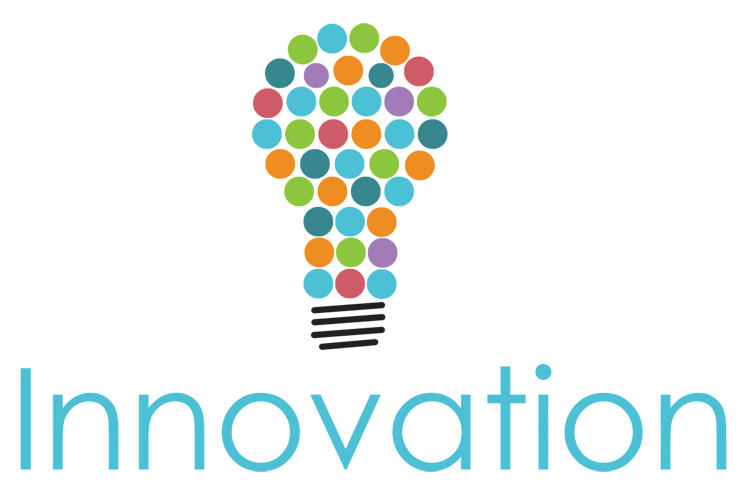
22 May The incredible innovation stories behind Apple, Uber and Southwest
Most people spend their whole time in one field.
They follow the marketing practices of their industry and everybody does exactly what everybody else does by rule and by custom because it’s the only thing they look at.
The most they try to do is build copycat companies by plagiarizing the most aggressive or most successful company in their industry.
As a result, everyone in your industry is marketing in exactly the same way!
Market Leaders ARE DIFFERENT
Many times the kind of innovations you are looking for already exist in a different industry. Problems that seem insurmountable for your industry have already been solved elsewhere.
That’s because massive, quantum leaps in performance almost always come from adapting IDEAS from outside of your own industry that others are using successfully.
Not from watching competitors!
Your leverage comes from being able to do something clever and cool and effective that not every competitor is doing. And, by the time they catch up to that, you’ve got another one. You can’t do that by being one of eight in a circle looking at each other.
You can only do that if you’re willing to BREAK THE CIRCLE.
It’s taking an idea you learned from a market leader in a completely different field. Or one you saw at your local grocery store and know you can modify and apply to your business somehow.
It’s exploring the successful marketing practices of 20 or 30 leading companies across different industries and combining those ideas into a new hybrid marketing approach.
What impact do you think it would have to “think differently”?
In fact, if you go back in history to some of the greatest achievements, you’ll find they were inspired by an event or observation outside of their industry. Are you familiar with the cards a sandwich shop might give out where they punch a hole on the card when you pay. Your next purchase gets another hole punched and when you’ve punched all 10 you get a free sandwich. The American Airlines used the same concept to revitalize itself (and the rest of the airline industry) in the form of frequent flier miles.
Are you familiar with the cards a sandwich shop might give out where they punch a hole on the card when you pay. Your next purchase gets another hole punched and when you’ve punched all 10 you get a free sandwich. The American Airlines used the same concept to revitalize itself (and the rest of the airline industry) in the form of frequent flier miles.
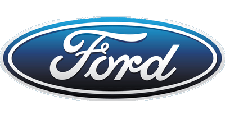 Henry Ford is often lauded as an American hero for introducing one of the greatest innovations in history: the assembly line. The inspiration for this revolutionary idea, however, came from a tour of a meatpacking plant in Chicago. The automotive industry led the way for modern manufacturing by borrowing techniques commonplace in the meatpacking industry.
Henry Ford is often lauded as an American hero for introducing one of the greatest innovations in history: the assembly line. The inspiration for this revolutionary idea, however, came from a tour of a meatpacking plant in Chicago. The automotive industry led the way for modern manufacturing by borrowing techniques commonplace in the meatpacking industry.
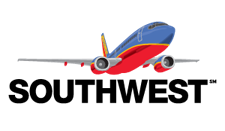
When Southwest Airlines was looking for ways to turn their planes around faster (they are now the fastest in the industry), did they look at all the other airlines, most of which are laggards anyway? No, they went to Indianapolis and studied how race car pit crews changed four tires and gassed up a car in under ten seconds.

Checklists first appeared in airplane cockpits and are now being increasingly used in operating rooms. In 2008, the World Health Organization agreed to bring the checklist concept to eight hospitals around the world. Despite strong initial resistance by surgeons, their adoption has led to significant reductions in post-operational complications
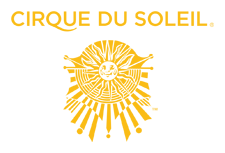
Unlike traditional circuses featuring a series of unrelated acts, Cirque du Soleil injected elements drawn from theater (an underlying story) with the traditional elements of the circus (acrobatic acts) to make the show’s events more exciting for audiences.

Nintendo created higher value for gamers by combining video games with physical motion through the Wii game console. The result was one of the most successful video game systems of all time with over 101 million units sold.
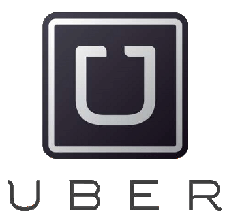
Uber and Lyft borrowed the concept of dynamic pricing from the hotel and airline industries. By changing booking costs based on daily supply and demand, they reinvented the taxi industry which had remained largely unchanged for decades.

Apple inspired generations by incorporating the real world into the virtual. It was Apple that transformed the Mac screen into a virtual desktop with file folders, a clipboard, scissors and paste and even a trash can at its side. Steve Jobs is quoted as saying: “Part of the reason we model our computers on metaphors like the desktop is that we can leverage this experience people already have.”
expose yourself to the best things that humans have done and then try to bring those things in to what you’re doing.” – Steve Jobs
Looking Beyond Your Industry…
Imagine the impact of an agency working with many different clients across multiple industries. The more clients across a greater number of industries, the more strategies and tactics those agencies can leverage on your behalf.
What incredible leverage do you think can be created?
Here are 5 Reasons Why Agency Diversity Matters:
- Diversity of Ideas – Agencies who perform the same tired tactics over and over may become calcified in their traditional methods. They don’t take the time to rethink or re-imagine your business, but will instead implement the standard process and procedures they use for everybody.
- Innovation – Diverse Agencies draw on a different wealth of knowledge and aren’t biased by the existing principles and ideas in your field. This allows them the freedom to come up with novel ideas.
- Fresh Perspectives – Homogeneous agencies do not reconsider processes, decisions, methods or strategies. The best question an agency can ask is “Why do you do things this way?” because the question invites a conversation that desperately needs to happen. Will you get that level of inquiry from someone whose professional self-esteem and ego reside in the notion that they already know how things are “supposed to work?
- Differentiation – Diverse agencies want to learn what’s different about your company. That’s because if you are the first and the only company to introduce a new approach that no one in your industry has ever seen or experienced it will distinguish you from your competitors.
- Save Resources – Borrowing successful ideas from outside your market saves you time on the learning curve. It also saves you the investment.
- Creative Solutions – Diverse Agencies that work across industries aren’t constrained by best practices handed down to them like gospel. They can look at your problems from a new angle, and see new opportunities and innovative solutions.


